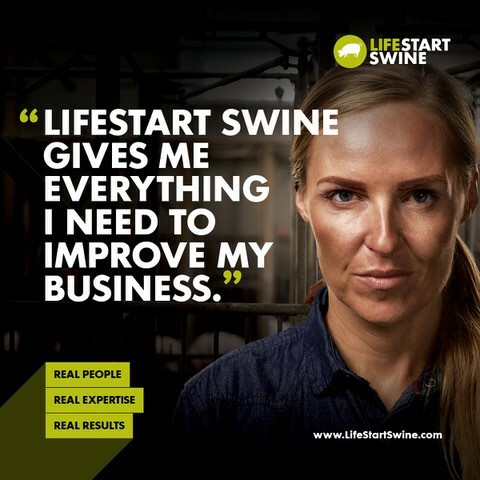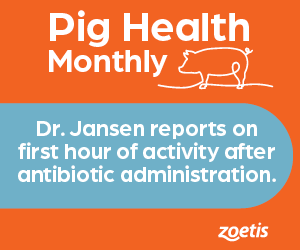



Inflation forces French consumers to be more frugal
The phenomenon has gained momentum in recent weeksCost-conscious French consumers are ditching fish, buying cheaper meat and snubbing organic food to save money on their shopping, Reuters reported, citing the head of Europe's largest food retailer and shoppers on Tuesday.
Carrefour chief executive Alexandre Bompard said economists' debates about when inflation would peak were futile, and what mattered was consumers' new, entrenched penny-pinching approach to shopping.
"You make choices in favour of the lowest prices, sales. I'm not going to buy beef, but the cheapest pork; I'm not going to buy fish, I'm not going to buy organics," Bompard said.
"This phenomenon is here and it's deep and it's been gaining momentum in recent weeks," he told a round table at the Medef French employers federation annual post-summer conference.
He said Carrefour and its competitors in the food industry had been adapting to the new frugal mindset with promotional campaigns to freeze prices on a range of everyday products.
Tiphaine Demandolx, a 50-year-old mother of an adolescent and two teenagers, told Reuters outside a supermarket in central Paris that she was particularly careful when buying fruit and vegetables.
"I really try to find the best value and we're cutting a bit back on meat," she said, adding she tried to buy fewer factory-made snacks and tried to make her own when possible.
"When I go shopping, it's not necessarily in the same store, I change it around to try to find what's the most interesting," she said.
Inflation has surged to record levels in major economies over the last year, due at first to strained post-COVID supply chains and more recently to sky-rocketing energy prices after Russia's invasion of Ukraine in February.
Inflation in Carrefour's home market France hit 6.8% in July, the highest rate since France began using European Union methodology to calculate the data in the early 1990s.
France has shifted the cost of high inflation off consumers' shoulders more aggressively than other euro zone countries by capping gas and electricity prices and boosting incomes, with pay rises for civil servants and pensioners, and subsidies for the poor.
However, such measures have not kept consumers from changing their shopping habits.
"In recent months, I am much more careful about what I spend in stores. Before I wasn't in the habit of looking at the prices of shelves," said Morgane Lanoue, a 30-year-old former ballet dancer, outside the same Paris supermarket.
"Even (the price of) a baguette near home has gone up, that's a pain," she added.
















